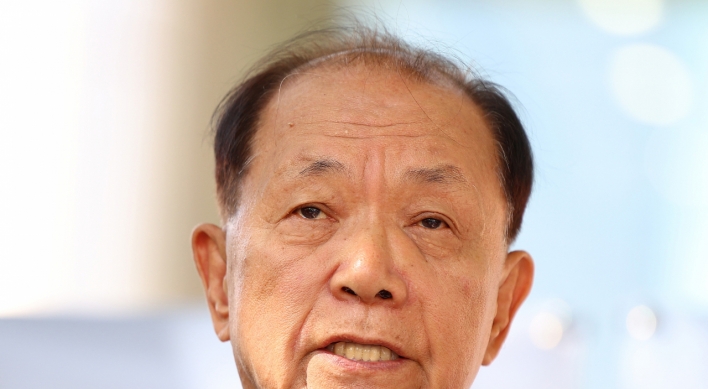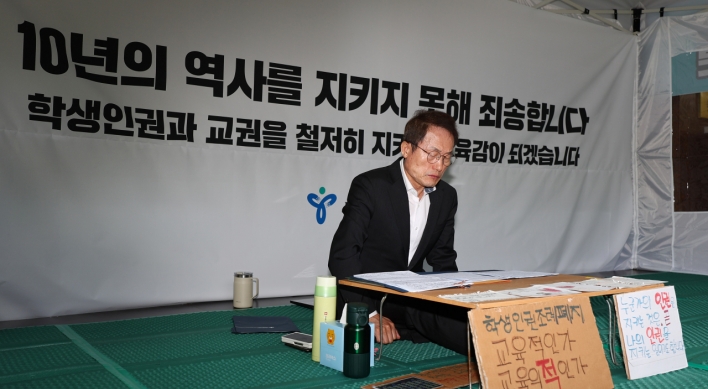In the “caring and sharing community” that the Association of Southeast Asian Nations aims to be, hundreds of thousands of the Rohingya minority are stateless. Resisting deportation back to Myanmar, their “boatpeople” shuttle dangerously back and forth across the seas. Meanwhile, Indonesians protest the treatment of undocumented migrants in Malaysia, while Thailand’s neighbors fear spillover of that nation’s armed conflict in the south. At home, Papuans still report fears of extrajudicial killings.
However, as the ASEAN Charter retains the principle of non-interference, its human rights body is not expected to be given a mandate to investigate alleged human rights violations by member nations.
Regardless, ASEAN is expected to approve a human rights declaration in November ― a momentous step in the association’s 45-year-old history. Foreign ministers will meet next month in Cambodia to deliberate on a draft.
Enacting the declaration will mean that the association’s 10 member nations will be bound to recognize non-derogable, universal human rights. The struggle has been to ensure that the draft does not become a watered-down version of the Universal Declaration of Human Rights and adheres to the principles that were approved by the United Nations in 1948.
The debates in the region reflect the traumatic legacy of ASEAN’s founders. In 1998, coinciding with the 50th anniversary of the Universal Declaration, ASEAN co-founder Prime Minister Mahathir Mohamad of Malaysia coined the phrase “Asian values.”
He promoted the notion that, unlike Westerners, the obligations of Asian individuals to their communities and nations were more important than personal rights.
ASEAN’s draft declaration no longer contains the language stating that community rights precede individual rights. The deletion was a relief, says Marzuki Darusman, one of Indonesia’s first human rights commissioners.
However, the notion has continued to influence recent debates ― almost 15 years after former president and another ASEAN co-founder, Soeharto, resigned. Concerns that ASEAN leaders might craft a rights declaration suited to their needs are understandable.
Darusman says that at the very least, the Declaration should aim to ensure that member states recognize their responsibilities to actually fulfil these rights.
(The Jakarta Post)
(Asia News Network)
However, as the ASEAN Charter retains the principle of non-interference, its human rights body is not expected to be given a mandate to investigate alleged human rights violations by member nations.
Regardless, ASEAN is expected to approve a human rights declaration in November ― a momentous step in the association’s 45-year-old history. Foreign ministers will meet next month in Cambodia to deliberate on a draft.
Enacting the declaration will mean that the association’s 10 member nations will be bound to recognize non-derogable, universal human rights. The struggle has been to ensure that the draft does not become a watered-down version of the Universal Declaration of Human Rights and adheres to the principles that were approved by the United Nations in 1948.
The debates in the region reflect the traumatic legacy of ASEAN’s founders. In 1998, coinciding with the 50th anniversary of the Universal Declaration, ASEAN co-founder Prime Minister Mahathir Mohamad of Malaysia coined the phrase “Asian values.”
He promoted the notion that, unlike Westerners, the obligations of Asian individuals to their communities and nations were more important than personal rights.
ASEAN’s draft declaration no longer contains the language stating that community rights precede individual rights. The deletion was a relief, says Marzuki Darusman, one of Indonesia’s first human rights commissioners.
However, the notion has continued to influence recent debates ― almost 15 years after former president and another ASEAN co-founder, Soeharto, resigned. Concerns that ASEAN leaders might craft a rights declaration suited to their needs are understandable.
Darusman says that at the very least, the Declaration should aim to ensure that member states recognize their responsibilities to actually fulfil these rights.
(The Jakarta Post)
(Asia News Network)




![[KH Explains] No more 'Michael' at Kakao Games](http://res.heraldm.com/phpwas/restmb_idxmake.php?idx=644&simg=/content/image/2024/04/28/20240428050183_0.jpg&u=20240428180321)












![[Herald Interview] Mistakes turn into blessings in street performance, director says](http://res.heraldm.com/phpwas/restmb_idxmake.php?idx=652&simg=/content/image/2024/04/28/20240428050150_0.jpg&u=20240428174656)
